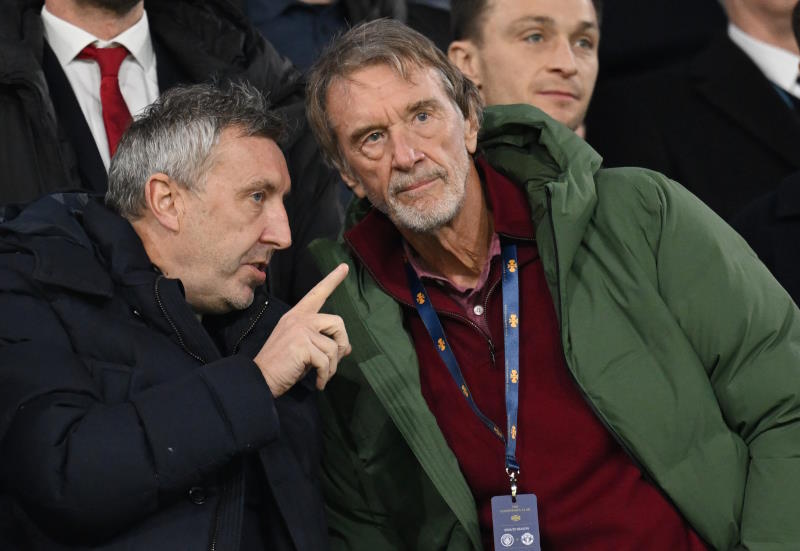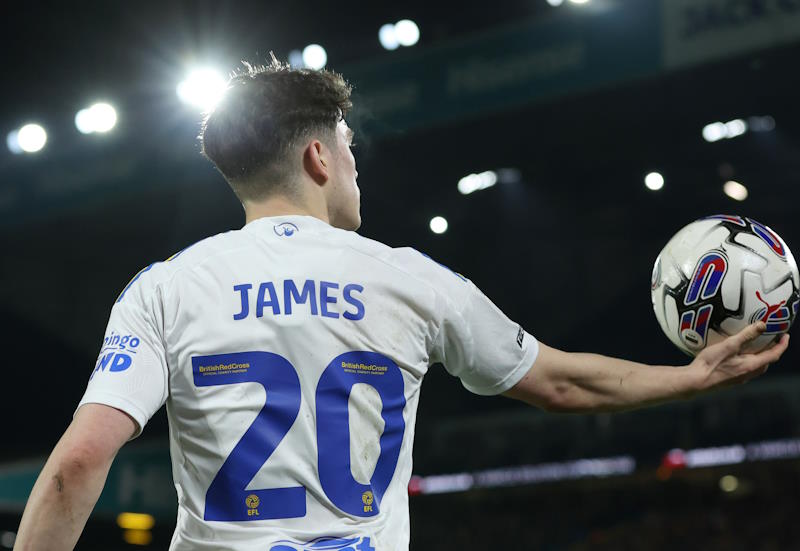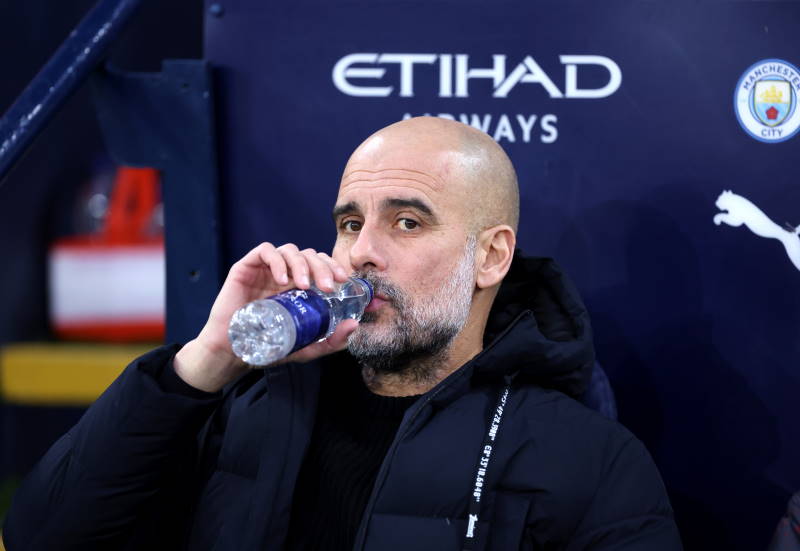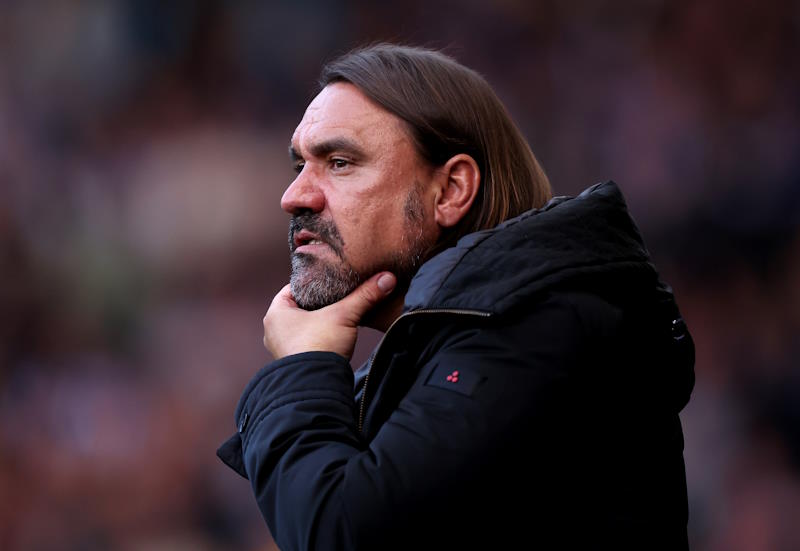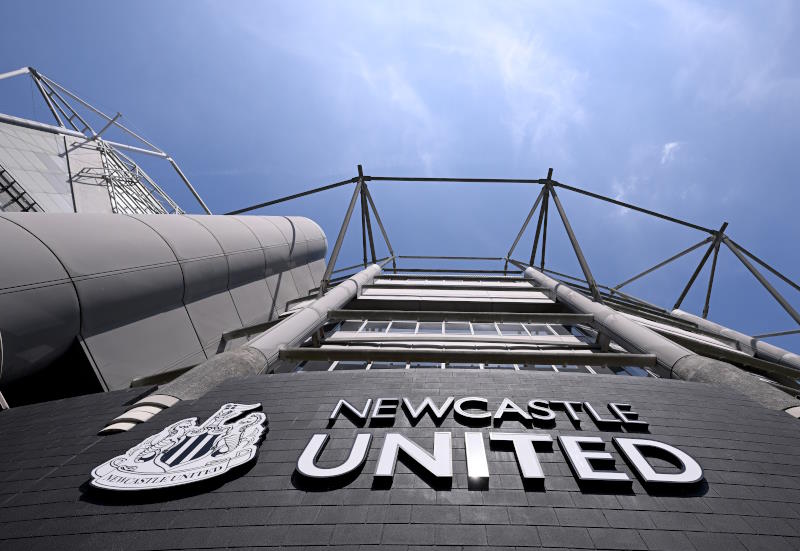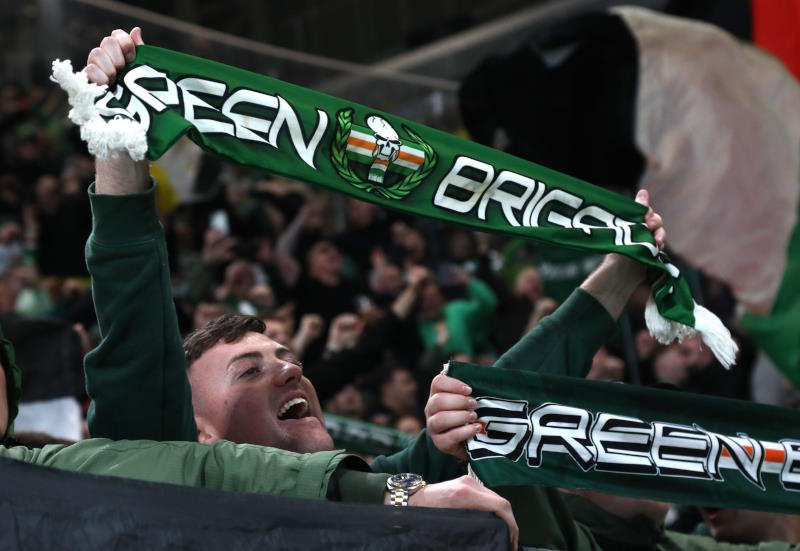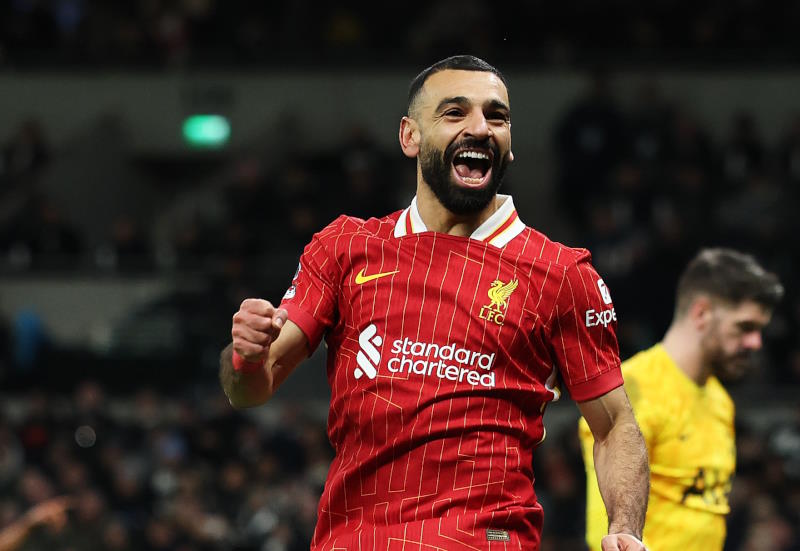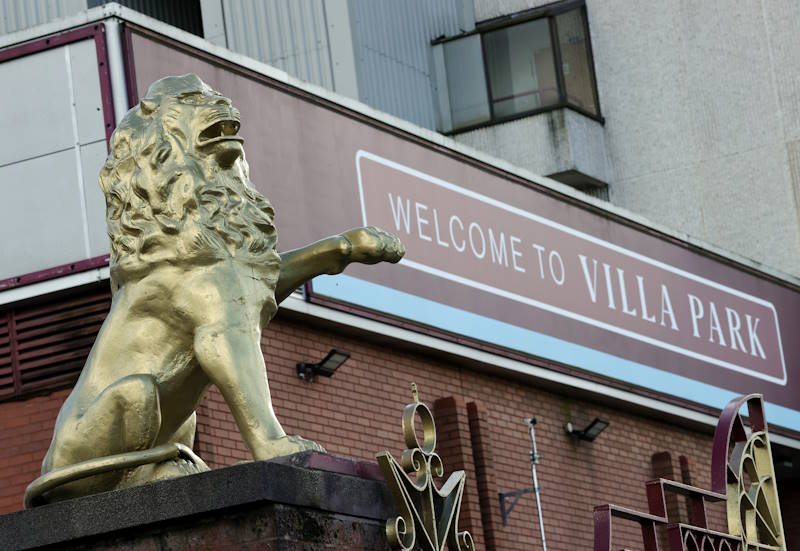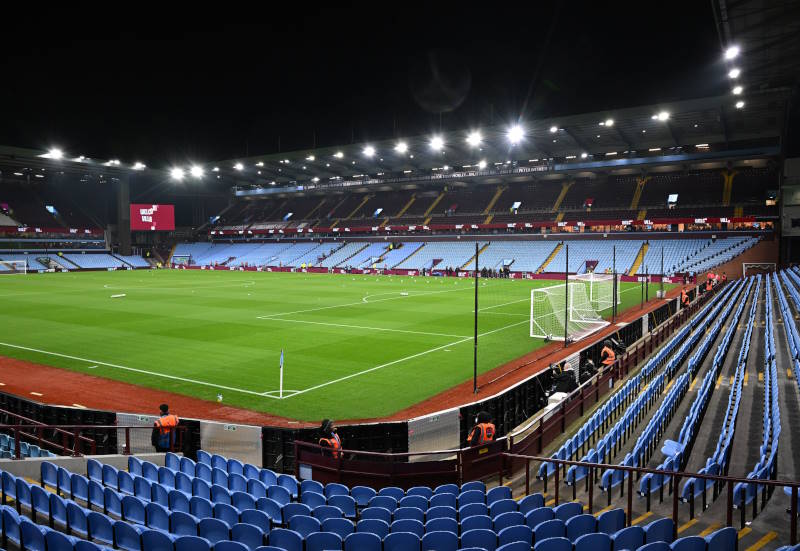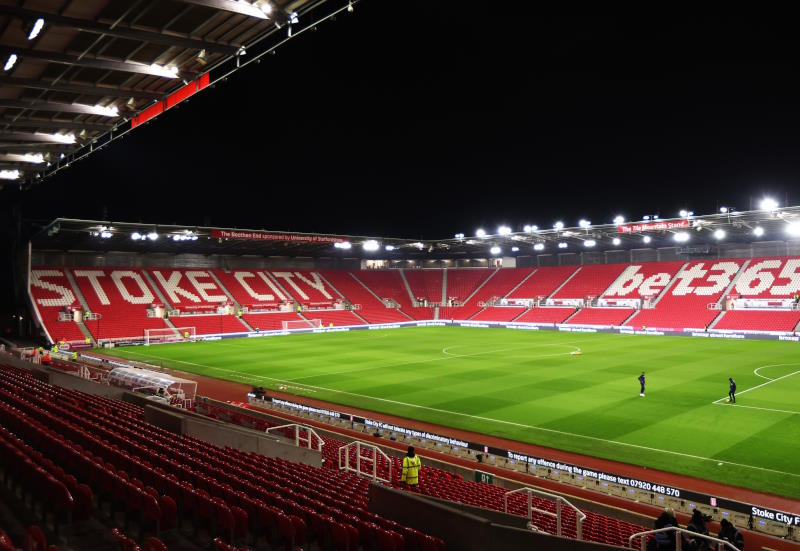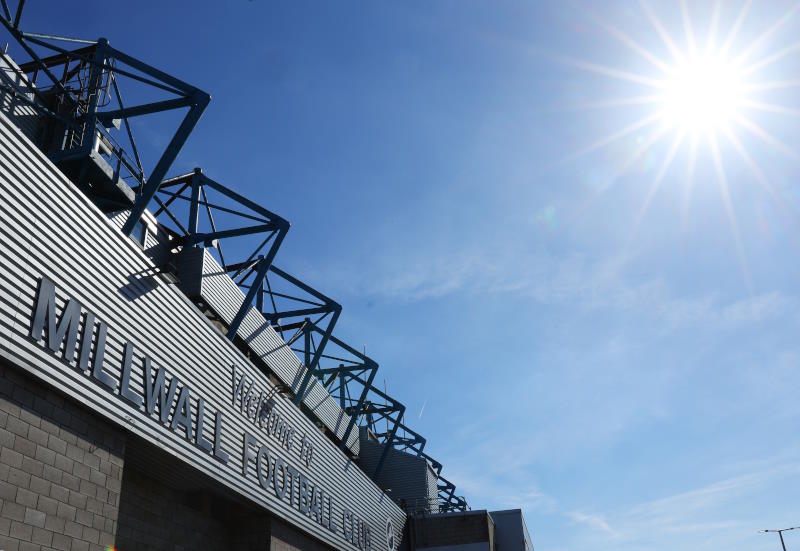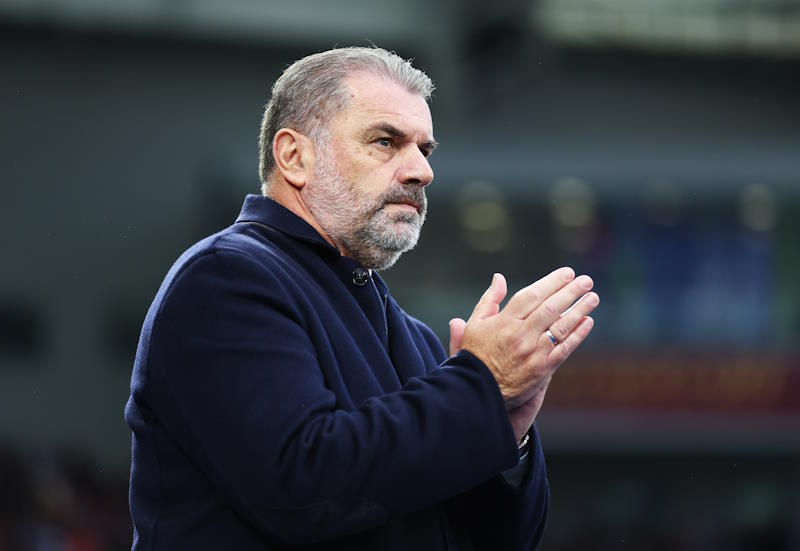
It’s back to the ‘Boot Room’ for Liverpool, as Kenny Dalglish returns as manager 20 years after he resigned, replacing the short-lived and roundly unloved Roy Hodgson. Is Liverpool’s hiring of the last manager to take the league championship back to Anfield a back-to-basics approach, or is it a desperate appeal by new owners to placate the fans whilst they hurriedly search for someone suitable to take the reins?
It is highly unusual for Liverpool, a club associated with trusting and nurturing a succession of managers, determined to award them that most precious of football’s commodities, time, to remove one after only six months, but the writing had long been on the wall for Hodgson, who only succeeded in alienating an entire fanbase before he had barely finished half a season in charge.
The 63-year-old was always going to be vulnerable, coming in as former unpopular owners Tom Hicks and George Gillet were being forced out and finding his main boardroom allies departing as new rulers came in, but John W Henry and New England Sports Ventures (NESV) have a good reputation in American sporting circles, so it seems political machinations are an unlikely motive.
Hodgson could argue that he was dealt a bad hand by the legacy left by his predecessor Rafael Benitez; a squad lacking in pace, creativity and over-reliant on an ageing Jamie Carragher, an injury-plagued Fernando Torres, Pepe Reina and Steven Gerrard. But with the highly congested nature of the Premier League table a surge up to a respectable European-qualifying position would not have been out of the question. However, there was a very definite decline under the ex-Fulham boss, and he quickly wore the expression of a haunted man.
Hodgson regularly employed negative tactics and a rigid formation which only served to frustrate players and fans alike, as well as leading to an atrocious away record more fitting of a relegation candidate; his squad on arrival was weaker than he might have wished, but Raul Meireles apart Hodgson’s signings – especially left back Paul Konchesky and cumbersome midfielder Christian Poulsen – always looked like bad buys for a club of still considerable if fading prestige; most crucially though, his truculent and wearied attitude with the fans and baffling media comments, claiming "famous victories", "formidable opponents" and culminating in his statement after losing at home to lowly Wolverhampton Wanderers that: “The famous Anfield support has not really been there ever since I came here”, made him difficult to love and easy to abuse for fed-up supporters.
Liverpool are a club whose faithful are known to have been patient with their managers in the past – indeed, despite the sour end to his reign many still back Benitez – but whilst the readiness with which they turned on Hodgson could be taken as a sign that the younger, Premier League-era followers are less familiar with such practices, as with Graham Souness in the early 1990s, Reds fans know that when the wheels are falling off there must be a change, and quickly. And the faithful weren’t shy about airing the fact vociferously through electronic mediums, which built up a head of steam that Souness, Roy Evans and Gerard Houllier of recent times never had to worry about developing.
Hodgson ended up a lame-duck manager for the last month of his tenure, once it became publicly known NESV were looking for a replacement, and a permanent successor won’t be appointed until the summer, allowing six months of speculation. In terms of out-of-work managers, Martin O’Neill would figure highly on many supporters’ wish-lists, despite being only a qualified success at Aston Villa, and many would welcome the possibility of ex-Barcelona boss Frank Rijkaard trying to foster a similarly attacking and youth-orientated set-up at Anfield. Ralf Rangnick, the Pied Piper of Hoffenheim who led a small team from regional leagues to Bundesliga contenders before leaving this month, is another intriguing possibility.
But the use of Dalglish as an interim boss would suggest that Anfield may try to lure a manager already employed and perhaps loath to leave mid-season, someone such as Bolton’s impressive Owen Coyle or FC Porto’s Andre Villas Boas, emulating his old boss Jose Mourinho in leading the way in Portugal. More unlikely candidates could be Louis van Gaal, who regularly is under pressure at Bayern Münich despite his long track record of success, or depending on what happens at Stamford Bridge, maybe even a move for current Chelsea boss Carlo Ancelotti – such is the uncertainty and intrigue that surrounds both clubs, a storyline straight form a soap opera is not out of the question.
Soap opera is a choice adjective to use with Liverpool, considering the turmoil, tantrums and falling-outs over the last three years, and should Dalglish decide he wants to stay, the former hero rewritten into the script, then with the emotional backing of the Kop, NESV may be unable to say ‘no’ in order to keep the fans onside. The difficulty that the modern Liverpool side have, from the stands down to the pitch and up to the boardroom, is that their past – even as recently as the Champions League win of 2005 – is a lot to live up to, and the presence of “King Kenny" in the dugout is an awkward reminder of how badly they have struggled with the legacy of Bill Shankly, Bob Paisley and Dalglish himself in terms of the gathering of top flight titles in the last 20 years.
Essentially, Liverpool were slow to react to the modern game in all its commercial splendor, and installing a manager ten years out of work and 15 years since a trophy win, however sentimentally attached he may be, is reactive, desperate and very possibly a foolish decision. Should Manchester United overtake Liverpool in the number of league titles won as their greatest player and last great manager stands watching powerless to prevent it would hurt even more than the original loss of pride. If Dalglish does indeed want to stay and manage as some have intimated, and if his wish comes with many fans’ approval, the owners will be brave men to say no, but it would be right.
This is the lowest ebb, in a purely footballing sense, that Liverpool have found themselves at for over 50 years. Last time, when they were languishing aimlessly in the Second Division, in walked a young Scot from Huddersfield Town who quickly became the King of the Kop. Bill Shankly rescued them last time, but will there be another fit to wear the crown, or will a famous old club fade into history like many dynasties before them?

